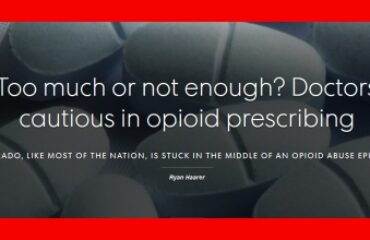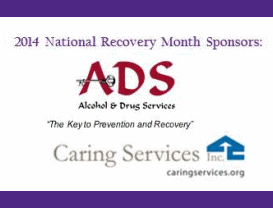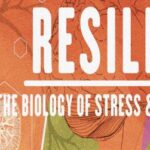Heroin Addiction A Growing Problem In High Point

The High Point Enterprise recently posted an article on the continued rash of opioid overdoses in the Piedmont Triad community – particularly in High Point, NC. Addressed in the article was the October 2012 closing of the area’s only opioid treatment program which was successfully operated by Alcohol and Drug Services (ADS). Despite helping many High Point area patients, ADS had to close the methadone program in High Point due to State funding cuts. Funding reductions have plagued the state and have eroded North Carolina’s provision of substance abuse treatment services for a number of years now.
Director of Medical Services for ADS, Dr. Anthony Steele, described in the article how heroin and other opiates hijack brain circuitry thereby creating persistent relapse risks for those that have become addicted to opioids. Medication-assisted therapies like methadone and suboxone are essential interventions for helping people cope with debilitating opioid withdrawal. These therapies help patients gain the ability to deal with their addiction and move into a long term phase of recovery in which they can live normal lives again.
The High Point Enterprise article shed light on the power of heroin addiction by relating the story of a 27 year old man named Zachary who experienced repeated, almost fatal overdoses. Had opioid treatment been still readily available to him in High Point, he would have had a better opportunity to seek help that could make a difference. Receiving methadone and counseling in a supportive environment is a much better alternative than the high stakes game of death that is daily heroin injection.
Also in the news recently are alarming stories of physicians now struggling themselves with opioid addiction and the legal consequences of committing prescription fraud to maintain a drug habit. A celebrity dermatologist has been charged in this article and also a China Grove, NC physician and his wife charged with trafficking in opiates.
These incidents point to the pervasiveness of the growing opioid epidemic in America. As more individuals, families, and businesses are ultimately affected by opioid addiction, the need for effective opioid addiction treatment services will grow as well. Please support your local treatment centers, and advocate for treatment solutions wherever possible with your elected representatives.











